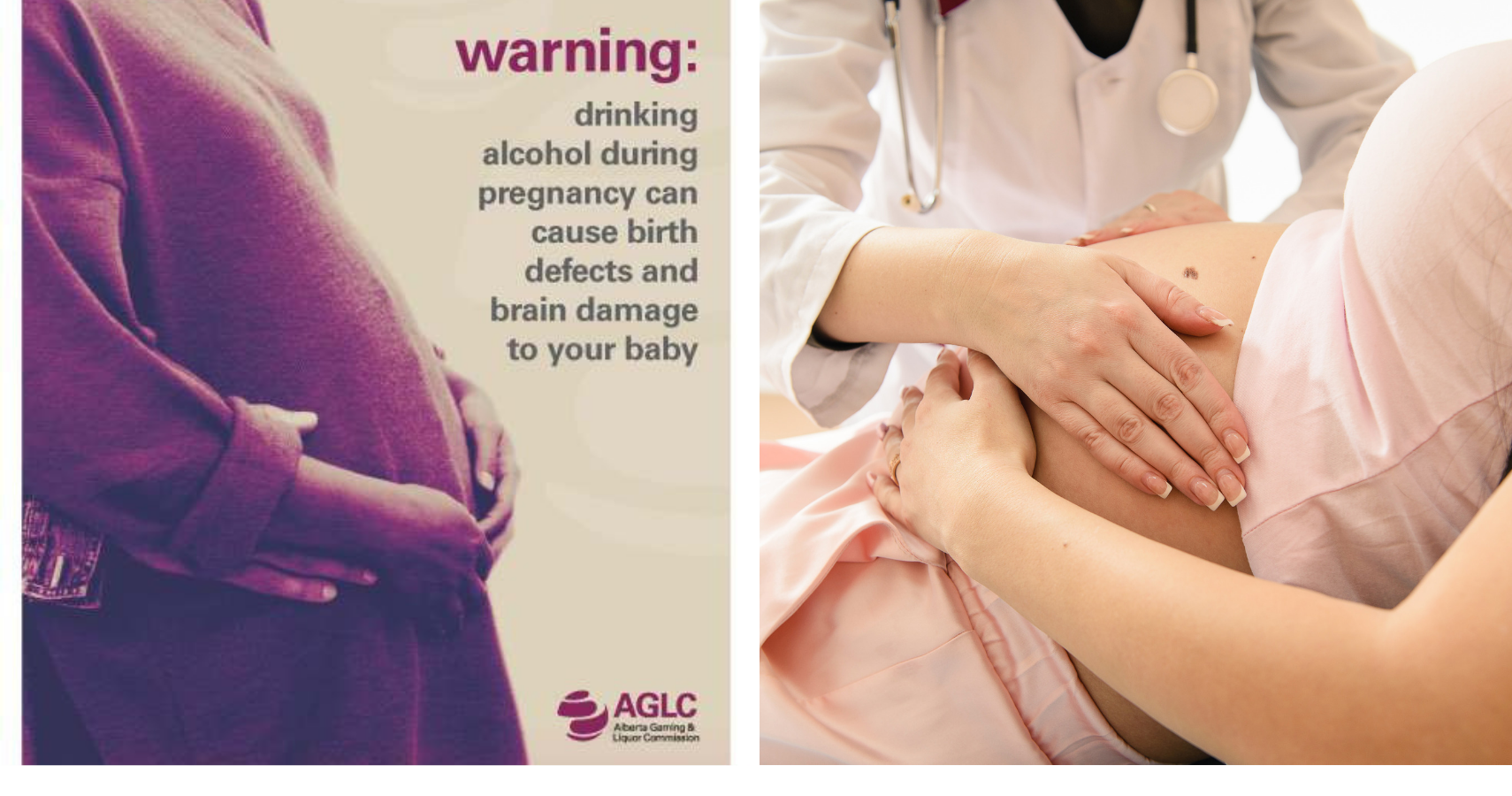Most likely, during a pregnancy we have all walked into a store or restaurant that sells alcohol and seen signed warning pregnant women of the harm that can be done if they are drinking. We are warned about these things by our doctors and friends and social media, too, and even though it might seem common sense to most people, new studies revealing different things. Many of the policies, lots of which have been in place for decades, are showing that they might just be doing more harm than good when regulating drug and alcohol use during pregnancy.
Alcohol Research Group, or ARG, and Advancing New Standards in Reproductive Health (ANSIRH) worked together to conduct a study on this topic. To come to their conclusions, they looked back at forty-four years of birth certificate data ranging from 1972 to 2015. Then, estimates were made on how much it would cost to care for infants that were born with a low birth weight or preterm, extending through their first year of life.
In addition, according to their research, they looked at the different policies in place across the country that target pregnant women using drugs or alcohol during their pregnancy, which is obviously linked to low birth weights and preterm labor. They found eight different policies in place and four of which were "significantly" linked to more infants born with low birthweight.
The comprehensive study was published in PLOS One and the main policies that were making the biggest negative impact were:
- Mandatory warning signs in places where alcohol is sold
- Giving pregnant women priority for substance use disorder treatment
- Limits on criminal prosecutions related to alcohol use during pregnancy
- Defining substance use during pregnancy as child abuse/neglect
You are probably wondering why these policies and warning signed would actually deter women into the direction of using drugs and alcohol while pregnant instead of stopping, and there are some different theories as to why. Vox reported that these signs and policies might be keeping women from getting proper prenatal care because they are scared about the legal ramifications of using these substance while pregnant, which makes a lot of sense and are certainly valid fears.
Sarah Roberts, DrPH, Associate Professor at ANSIRH, and Senior author of the study, shared via a press release that, "The harmful effects of policies that coerce, stigmatize or punish pregnant women using alcohol or drugs align with previous research showing that these women may avoid prenatal care because they fear being reported to Child Protective Services (CPS). Other policies were inspired by advocacy around the War on Drugs rather than traditional public health-based policymaking. Before expanding any of these policies to new substances or adopting existing policies in new states, policymakers should be mindful of their harmful consequences, as demonstrated by our research."
As a whole, it's important to keep in mind that addiction is a disease and even though a woman is pregnant, it doesn't always make it easier to stop. The study researchers are hoping that policy makers will take note of their research and make changes moving forward.
READ NEXT: Tylenol During Pregnancy Linked To Higher Risk Of ADHD

